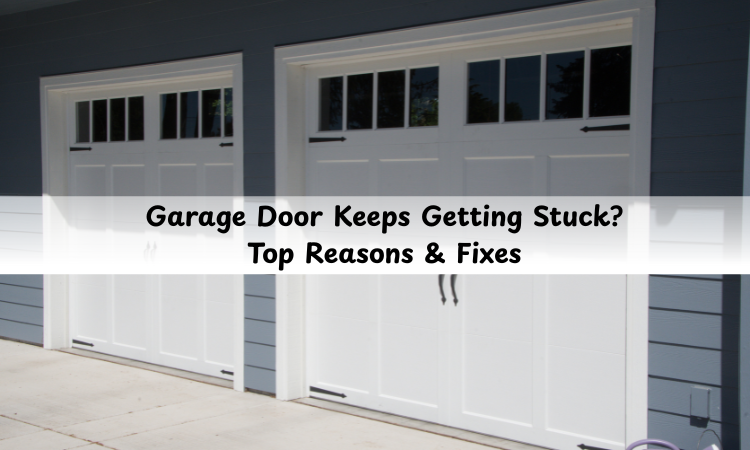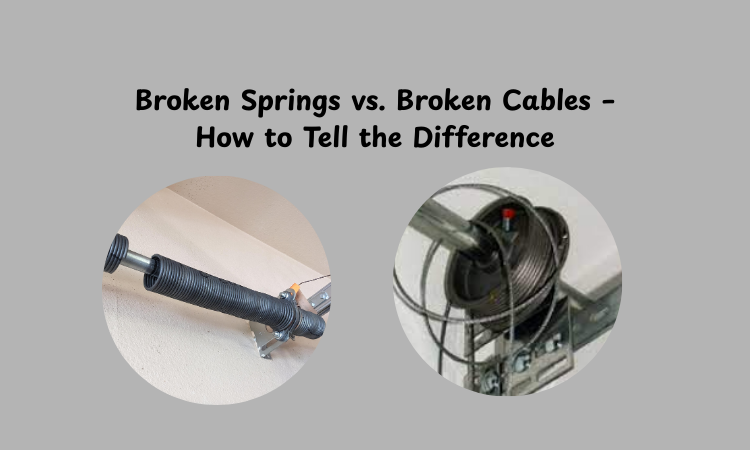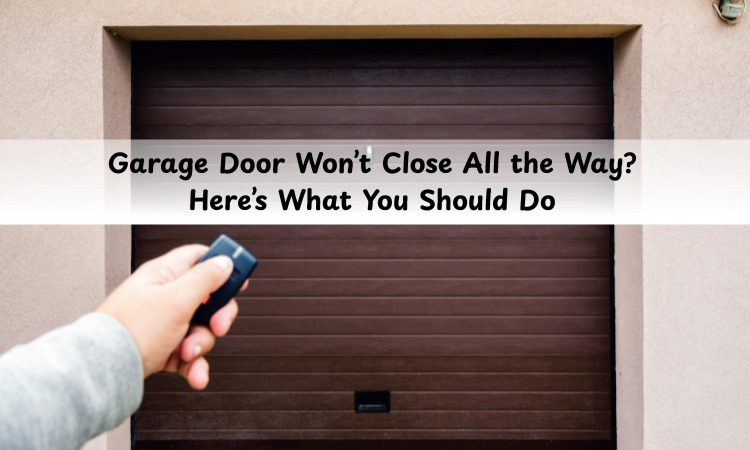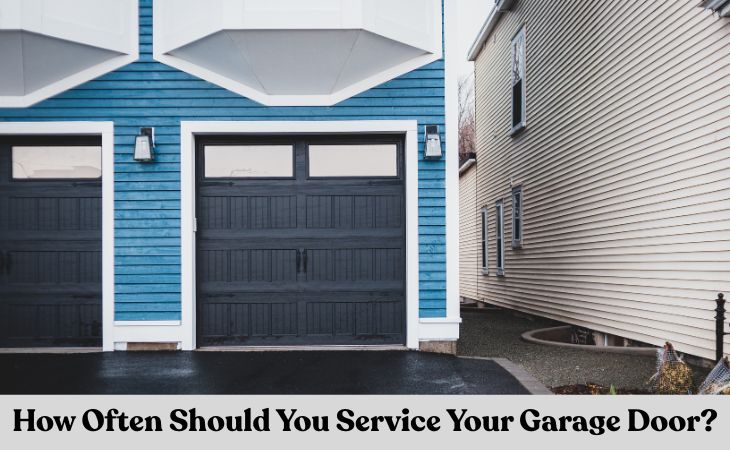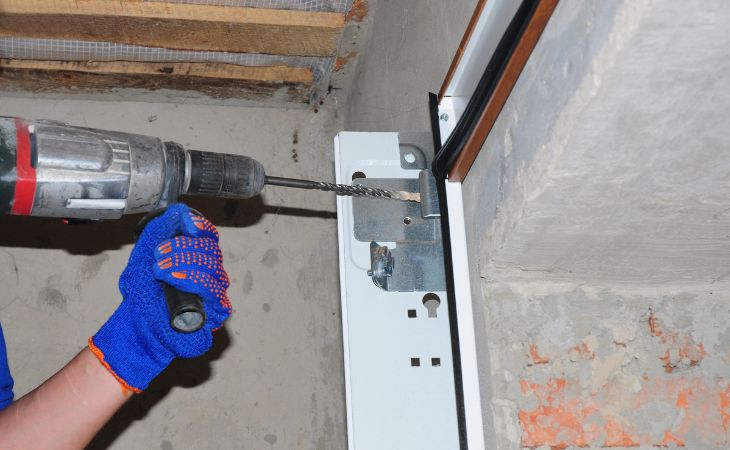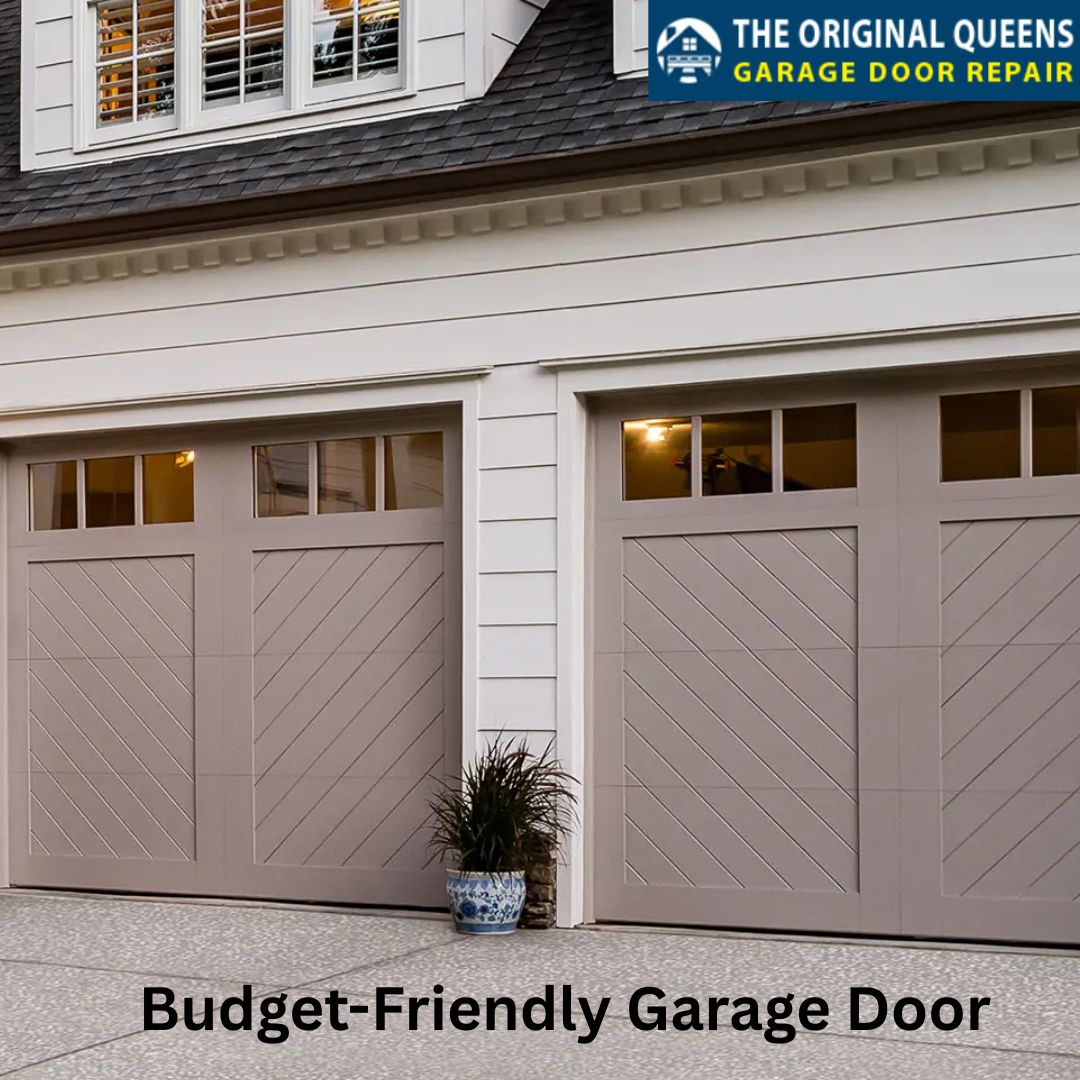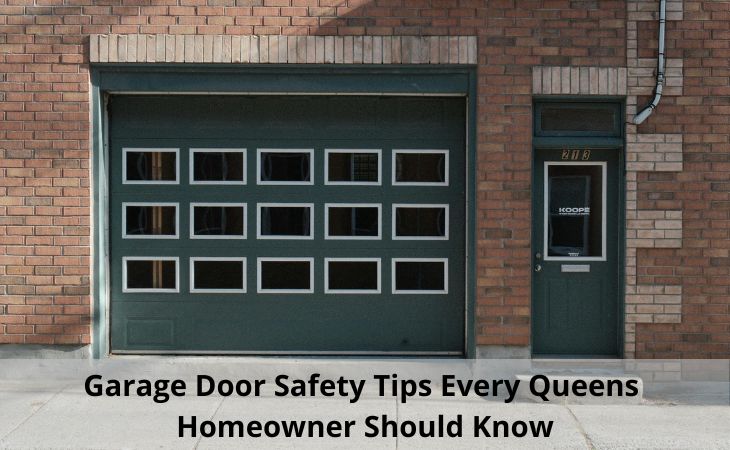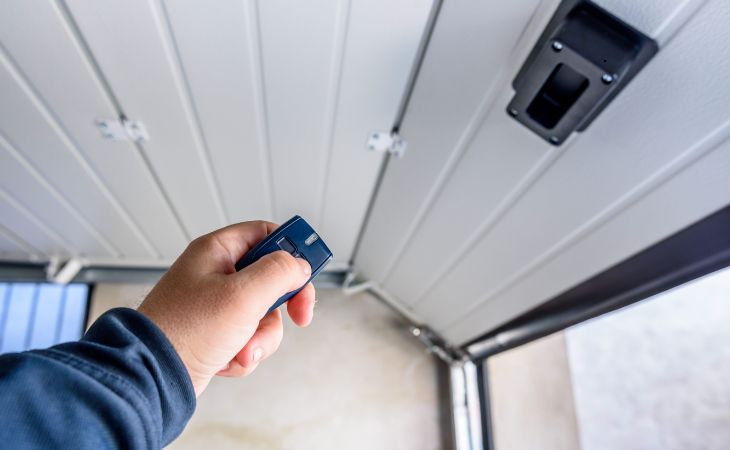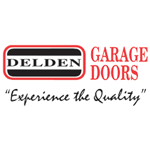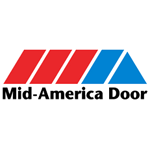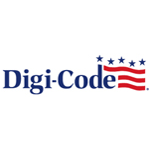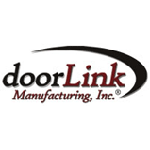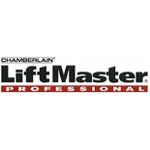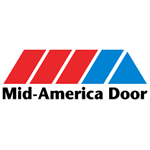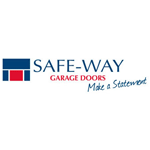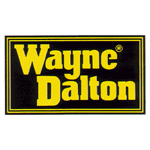For homeowners in Queens, a garage door is more than just an entryway—it’s a safeguard for vehicles, a layer of home security, and an essential element of curb appeal. When it comes time to replace or install a garage door repair Queens, one of the first decisions is whether to choose a manual or automatic model. Both have unique advantages, and the right choice often depends on lifestyle, budget, and the specific needs of Queens households.
In this article, we’ll explore manual vs. automatic garage doors, their pros and cons, and what Queens homeowners should consider when making the right decision for their property.
What Are Manual Garage Doors?
Manual garage doors are the traditional option. They rely on physical effort to open and close, often through a handle or latch. Typically, these doors are lighter in construction and may use torsion springs or counterbalance systems to reduce effort.
Advantages of Manual Garage Doors:
- Affordability—Manual garage doors generally cost less to install and maintain.
- Simplicity—With fewer moving parts, they are less prone to technical issues.
- Reliability—They can still function during a power outage, making them practical in emergencies.
Disadvantages of Manual Garage Doors:
- Inconvenience – Opening and closing the door manually can be inconvenient, especially in extreme Queens weather conditions.
- Limited Security Features – They typically lack advanced security technology.
- Not Ideal for Larger Doors – Heavier doors are harder to operate manually.
What Are Automatic Garage Doors?
Automatic garage doors use a motorized system, usually controlled by a remote, keypad, or smartphone app. This convenience has made them the preferred option for many modern homeowners in Queens.
Advantages of Automatic Garage Doors:
- Convenience – Open or close the garage door at the push of a button.
- Safety Features – Equipped with motion sensors, auto-reverse mechanisms, and smart security technology.
- Enhanced Security – Many models include rolling code technology to prevent unauthorized access.
- Smart Home Integration – Newer models can connect to Wi-Fi, offering remote monitoring and control.
Disadvantages of Automatic Garage Doors:
- Higher Cost – More expensive to purchase, install, and maintain compared to manual doors.
- Dependence on Power – They won’t function during power outages unless paired with a backup battery.
- Potential Repairs – Mechanical and electronic components may require professional garage door repair.
Comparing Manual vs. Automatic Garage Doors
Manual garage doors are budget-friendly and simple, but they lack modern convenience and advanced security. Automatic garage doors, while costlier, provide effortless operation, smart technology, and better safety features. The right choice depends on your lifestyle, usage frequency, and long-term value goals.
1. Cost and Budget
- Manual doors are less expensive upfront and have lower maintenance costs.
- Automatic doors come with higher installation costs and occasional repair expenses, but they add value to the property.
2. Convenience
- Manual doors require physical effort—less ideal for older homeowners or families who use the garage frequently.
- Automatic doors allow easy entry and exit, especially beneficial during rainy or snowy Queens winters.
3. Security
- Manual doors rely on traditional locks, which can be vulnerable to tampering.
- Automatic garage doors offer advanced security features such as rolling codes and smartphone alerts.
4. Energy Efficiency
- Both manual and automatic garage doors can be insulated to improve energy efficiency.
- Automatic models may have tighter seals, which help in reducing energy loss in cold Queens winters.
5. Maintenance
- Manual doors require less frequent servicing but may wear out faster if heavily used.
- Automatic doors require periodic garage door opener maintenance and inspections, but typically last longer with professional care.
Which Garage Door Is Best for Queens Homes?
Choosing the best garage door for Queens homes depends on a few key factors: climate, style of your home, durability, maintenance, insulation, and cost. Here are the main things to think about, plus some recommendations based on typical Queens architecture.
Manual Garage Doors Are Best If:
- You are on a tight budget.
- Your garage is used less frequently.
- You prefer a simple, low-maintenance solution.
Automatic Garage Doors Are Best If:
- Convenience and security are top priorities.
- You plan to integrate smart home features.
- You want to boost property value and curb appeal.
For many Queens homeowners, automatic garage doors provide the ideal balance of convenience, safety, and modern functionality. However, manual garage doors remain a reliable choice for those looking for a cost-effective and straightforward option.

Why Location Matters: Queens Specific Considerations
Living in Queens means dealing with crowded streets, busy schedules, and unpredictable weather. Automatic garage doors provide convenience for residents who often drive in and out multiple times a day. On the other hand, if you live in a quieter neighborhood with less frequent garage use, a manual door may still be practical.
Local building codes, neighborhood aesthetics, and available garage door repair services in Queens also influence the decision. For example, professional services like garage door installation in Queens, NY, ensure both manual and automatic doors meet safety standards.
Tips for Choosing the Right Garage Door in Queens
- Evaluate Your Lifestyle – Daily commuters may benefit more from automatic systems.
- Check Local Regulations – Some Queens neighborhoods may have restrictions on garage door designs.
- Think About Long-Term Value – While automatic doors cost more, they increase home resale value.
- Consult Garage Door Experts – A professional technician can help assess your garage structure and recommend the best fit.
Conclusion
When it comes to manual vs. automatic garage doors, there’s no one-size-fits-all answer for Queens homeowners. Manual doors offer affordability and simplicity, while automatic doors provide unmatched convenience, security, and smart home integration.
The right choice depends on your budget, lifestyle, and long-term goals. Whether you choose a manual or automatic garage door, partnering with a trusted garage door repair and installation company in Queens ensures safety, durability, and peace of mind.
Contact us today—our team is here to guide you through every step, from selecting the ideal material to expert installation, ensuring you get the best value for your investment.







